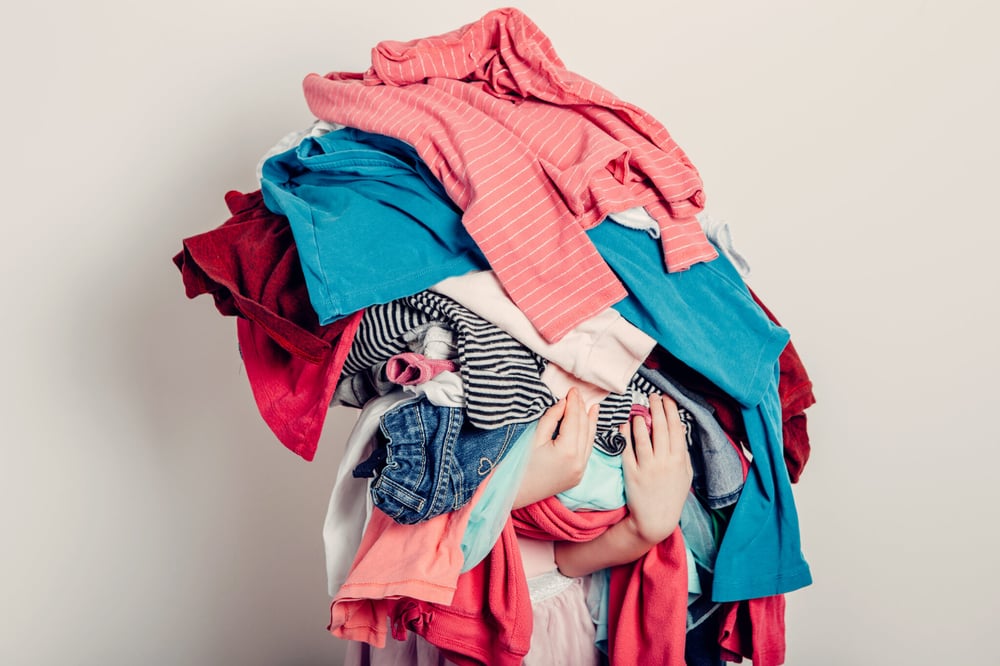
But before that, the executive, led by Bérangère Couillard, Secretary of State for Ecology and Roland Lescure, Minister Delegate for Industry, has opened a “major consultation” with manufacturers, NGOs and other actors in the sector (available here).
Preparatory work with the French Union of Fashion and Clothing Industries (Ufimh) has already taken place and talks are currently being held with representative federations. An online window has also been opened to allow anyone to express their observations on the functioning of the industry and propose adjustments to the text already prepared.
The draft specifications, which specify the objectives and implementation methods for the obligations that will be imposed on eco-organizations, are already very concrete and advance the ambition of making the entire industry more environmentally responsible.
This consultation is not a “Grenelle” or a council for the reorganization of the textile industry that will pose problems for three months and develop solutions for six months,” says the Ministry of Ecology. We already have a completed reflection on this sector because the Ademe has been working on these subjects for a long time. We arrive with a project. And the consultation exists to adjust this project. The axes are developed in the technical file which frames the activity of the industrialists. The idea is to bring up what needs to be adjusted on these points to make it work better. If we need to adjust the trajectory, for example to reach 60% of collection, or if we need to re-evaluate the financial support, we will see. We are open to everything. But we will not compromise on our ambition to defend the environment.
For this, in the new roadmap, themes have been clearly defined. It is new frameworks on the collection of waste from textiles, linens and shoes with an ambition to reach 60% of textiles collected against 34% today. The project also draws the lines concerning the contributions brought to the actors of sorting, namely a revaluation of the amounts paid by treated ton. It addresses the issues of re-use, re-cycling and repair of TLC and above all prepares the implementation of a bonus for marketers to promote eco-design. The terms of application, which will be validated in November, are the responsibility of the eco-organization. In the TLC sector, there is currently only one: ReFashion. And, after sometimes complex relations between the State and the eco-organization formerly named Eco-TLC, the roadmap in six years must according to the government allow to transform the sector.
➔ Read the full article (in French) on Fashion Network
